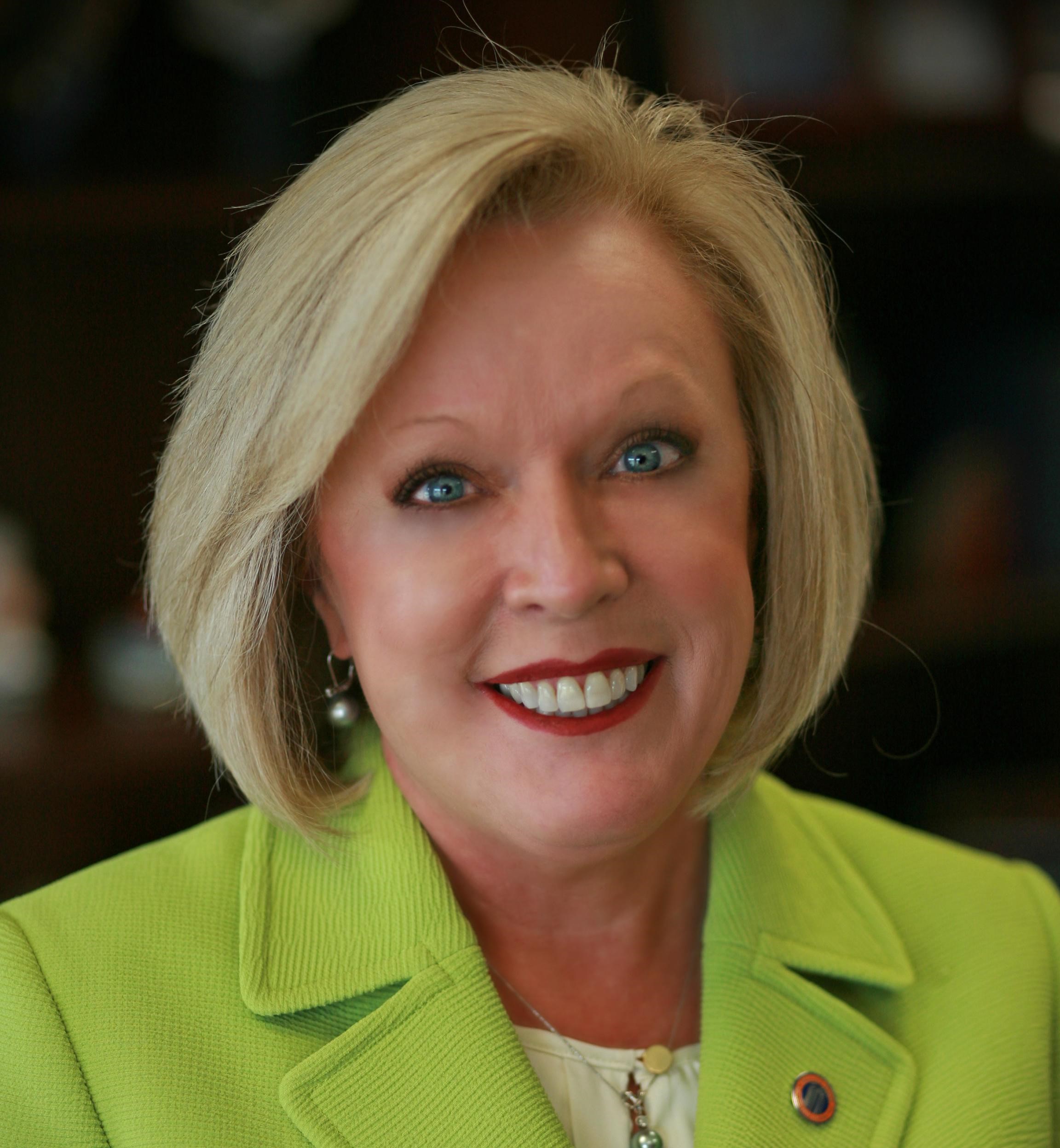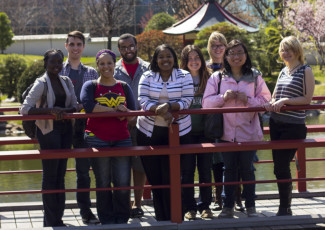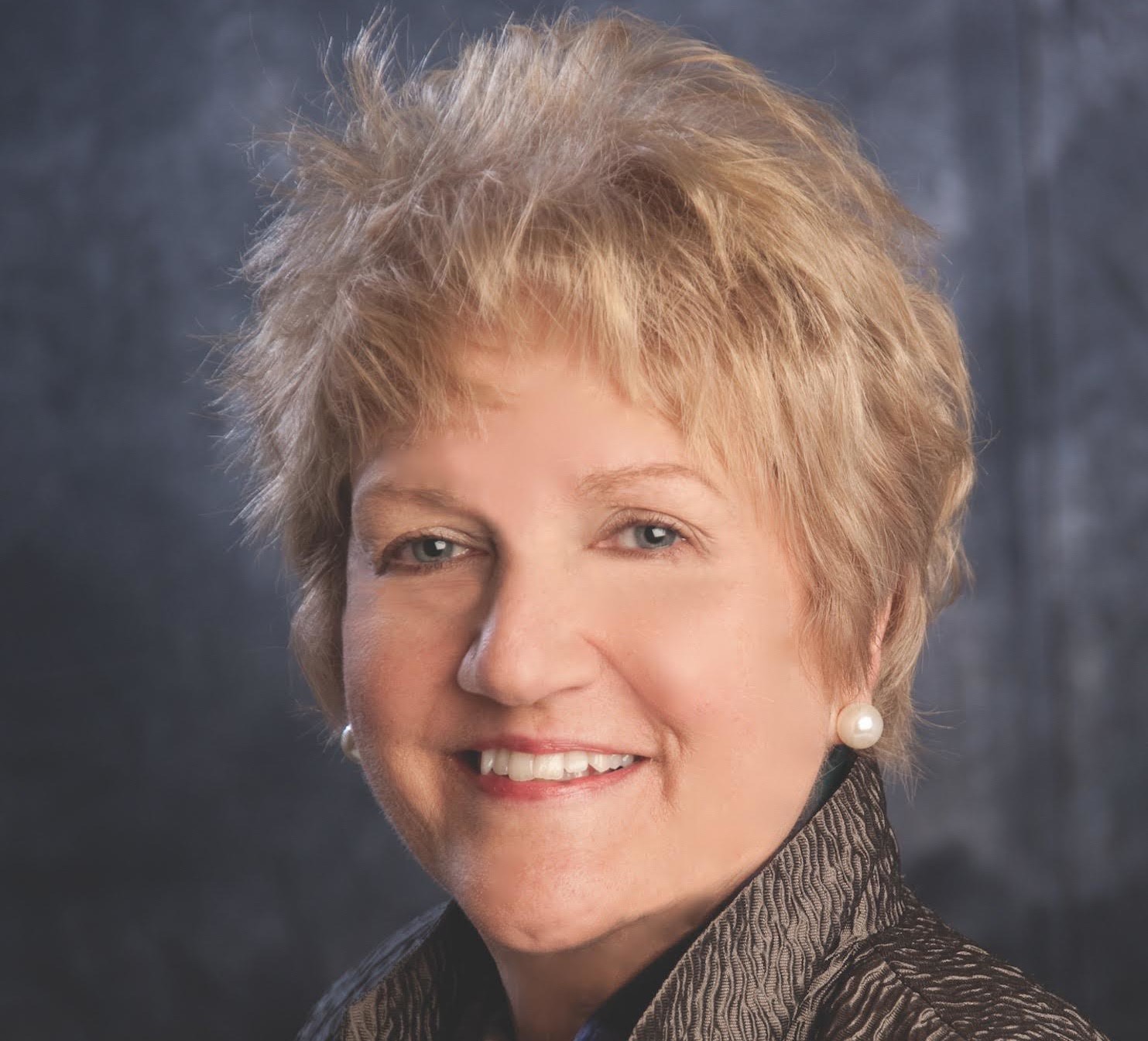Setting an Example and Giving Back
By Emily Rogan
April 8, 2016
The president of Alabama’s Wallace State Community College shares what motivates her to give back to her institution and community.

Dr. Vicki Hawsey Karolewics, president of Wallace State Community College in Hanceville, Alabama, was recently honored with the 2016 Giving Back Award by INSIGHT Into Diversity magazine.
This isn’t surprising. Karolewics has committed her 30-year career to advancing diversity and philanthropic causes in her personal and professional lives. Below are her thoughts on receiving the award, and she also highlights the importance of giving back and offers a key piece of advice for new leaders.
What does this award mean to you?
I’m humbled and honored to be chosen, because the award reflects my values as woman, mother, Christian and professional. The commitment to diversity is very personal for me, as a female who grew up poor in a single-parent home. I was the first in my family to finish high school and college; neither of my parents finished high school. If I didn’t have an angel in the form of a teacher along the way, my life today would be very different than it is now.
Just to understand what diversity means has been important throughout my career. I think as educators we can look at a population of students and assume they all have the same experiences as we did … and it’s not every student’s experience.
How did philanthropy become such an important aspect of your career?
There was a turning point in my life when my son was born in 1989 with achondroplasia, a type of short-limbed dwarfism. He had a lot of medical issues early on, and I was exposed to different abilities and life experiences of children through hospital visits and especially when he began school. I began to think about how to become an advocate for my son before he could advocate for himself. That’s the point when actively giving back became important for me, because it became personal.
Why is it important for community college leaders to value “giving back,” and how does it affect the work they do?
It is incumbent upon us to do all we can to make a difference. I use that as a theme because I do believe we are, individually and collectively, the future of our nation. We cannot be idle, but active in shaping the future. That student in your classroom or in your office may be the very first person [in his or her family] to ever attend college. Think of the impact that has on the family. Multiply the number of your students by their future children and grandchildren — that’s a significant impact.
I think our work is about transforming generations. Our responsibility is to lift people up from addiction, poverty and experiences that held them back over their lives. We have to be the avenue of change.
Do community college leaders require additional sensitivity, given that they educate some of the nation’s neediest students?
I have met so many talented and committed community college professionals, and without exception, that level of understanding is probably the one attribute that is common and what draws them to community colleges in the first place. It’s part of our very core and why we’re members of the community college world. I do think we’re very special people.
What advice would you give to new community college leaders?
It’s not about you. It’s about being selfless and finding ways to impact the lives of other people, first and foremost. Everyone has something to give. Give what you have, and make a difference. Lead by example.
Any student should be able to look around the campus and find comfort that there’s something that’s a part of them — a symbol that says, “This is a place where you belong.”







